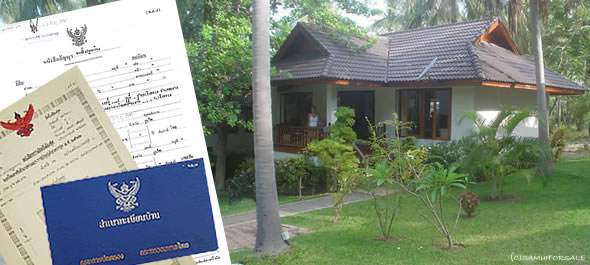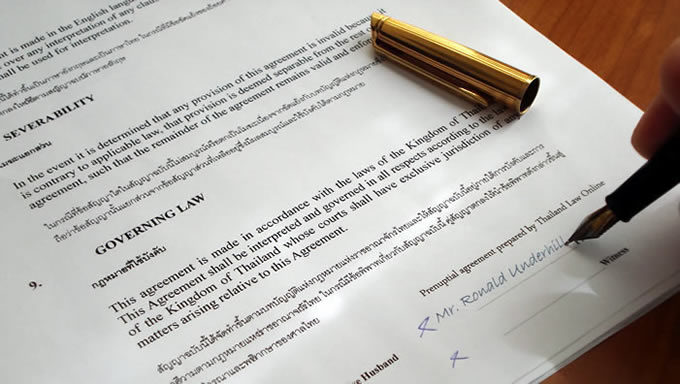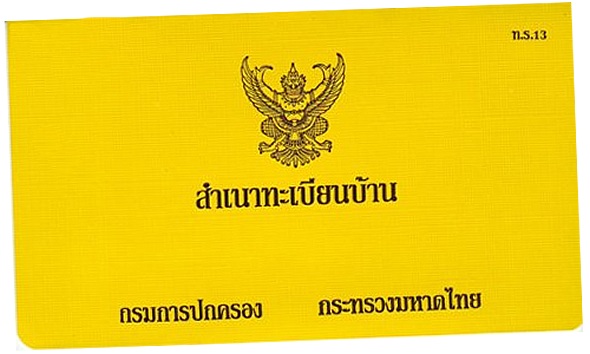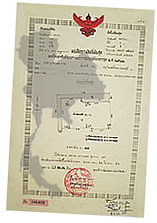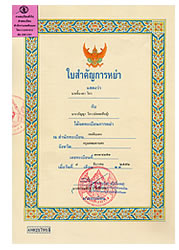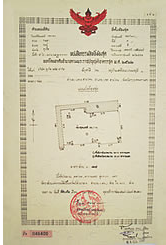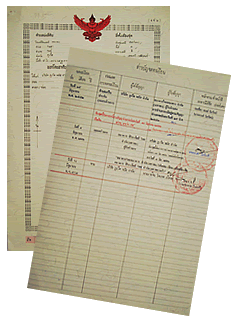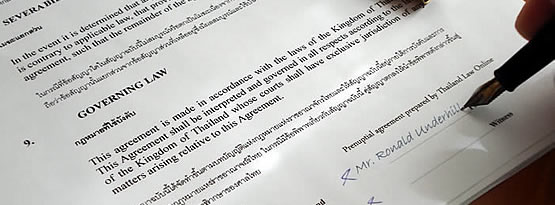Condominium Unit Ownership
and inheritance of foreign ownership
The main legal requirements and limitation of foreign ownership of condo units in the Kingdom of Siam can be found in section 19 of the Thailand condominium act, that is, (1) not more than 49% of the total floor area of all units in a condo licensed apartment building combined can be foreign owned (51% must be Thai owned), and (2) every foreigner buying a condo in Thailand must qualify for foreign ownership under section 19 paragraph 1 of the condo act.
Foreigners who qualify for foreign ownership of an apartment unit under section 19 obtain a personal non-transferable right of foreign ownership of the unit. Ownership of the unit is not freely transferable between foreigners and restricted by condominium laws. Also foreigners who inherit a condominium unit by succession must again personally qualify for foreign ownership under section 19 of the condominium act or they must dispose of the unit within one year of the date of acquisition.

